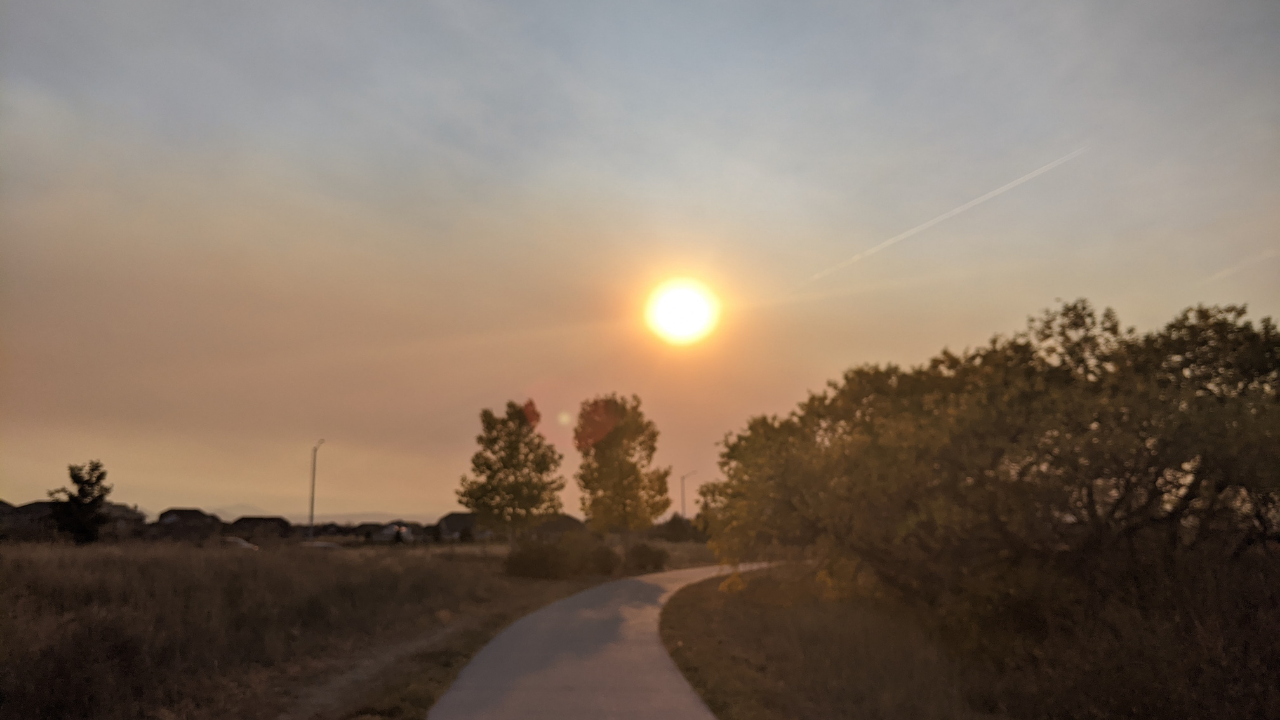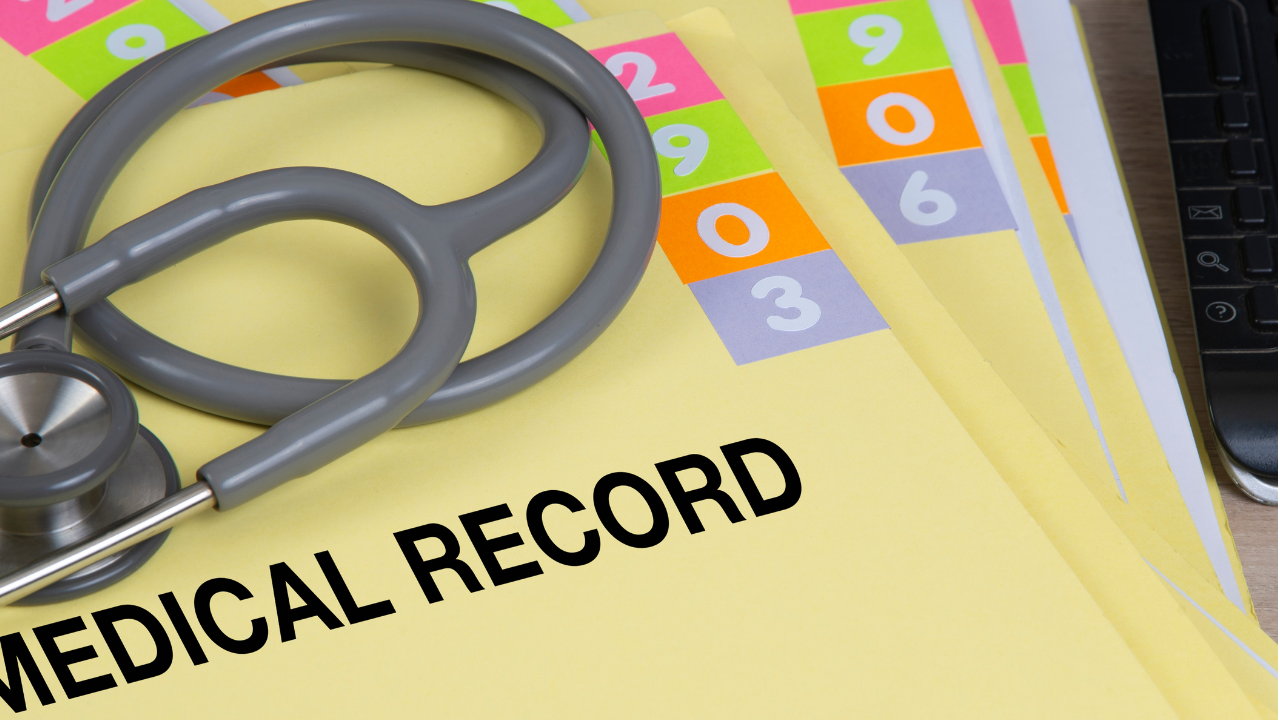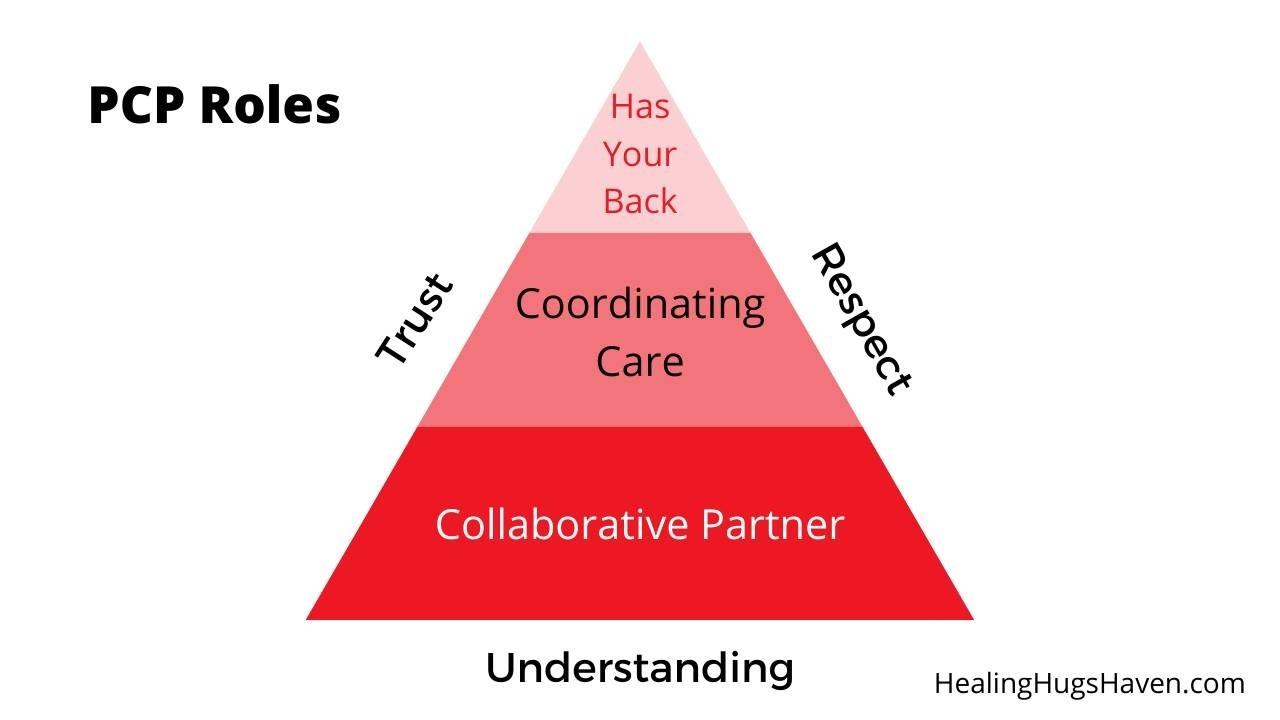Wasted appointments with the WRONG doctor

After waiting five weeks, the appointment with Dr B, the pain medicine doctor, was going well. She’s a good doctor and was helpful with my lumbar injections earlier this year. She listened and took my MCAS precautions seriously.
I wasn’t thrilled that I had to schedule an extra appointment before getting the cervical injections recommended by my orthosurgeon, but we are used to jumping through hoops, aren’t we?
Out of the blue, she sheepishly says, “Oh, by the way, I don’t do cervical injections.”
What???? Why am I here? And why did I wait five weeks to see a doctor who couldn’t help me?
She says she can refer me to her colleague, Dr. C, but he is very picky about doing cervical injections, so I'll need an initial consult with him before I can schedule the injections.
Are you kidding me? I need to start over with a new doctor? Steam was coming out of my ears.😤 Okay, maybe not real steam but it sure felt like it.
Why did they let me schedule an appointment with you about cerv...
Will This Doctor Really Help?

The doc walks in saying - "did you know?". Never a great way to start. Maybe, just maybe this doctor will be the one to actually help...
Surprise!
Your back pain, numbness, and nerve issues may be due to your disc degeneration OR it could be due to your scoliosis OR your hypermobility OR your hip degeneration, and labral tears, OR your pelvic and SI joint arthritis.
What was really a surprise was that I hadn’t been diagnosed with any of those issues other than disc degeneration.
My new doctor, a Sports Medicine Ortho DO, is a great doctor who is very interested in rare diseases like EDS, MCAS, and others.
What a blessing to find a doctor like her!
For the first time, in my 60 years, she looked at my entire spine and hips, hence discovering many new issues.
She explained that the issues are likely interrelated so she created a plan to slowly work through the issues with injections and focused PT.
What a relief to have a plan!
She was very confident that the plan would...
It's too rare!

Years ago, a doctor at a migraine clinic looked at my kiddo’s list of diagnoses (mostly rare diseases), shook his head, and said that they were too young to have so many diagnoses.
He went on to say that rare diseases are rare so there was no way they truly had that many rare diseases.
What do you say to that other than apparently, their body didn’t get that message?
Time after time, you hear the same thing. You couldn’t have that because it’s too rare!
You probably already know the statistics on rare diseases…
- there are 7000+ rare diseases
- about 1 in 10 people (or 30 million people) have a rare disease
- more than 90% of rare diseases still lack an effective treatment
What does that mean in real life? Let me share a few anecdotes…
My kid’s got a double whammy. I brought MCAS and mitochondrial issues plus their dad brought EDS, POTS, and EoE to the genetic table. So rare that we just happened to find each other?
Growing up in a town of less than 10,000, two of my kids da...
Three Reasons You Need To Be Your Own Advocate

‘If you have any issues, don’t bother going to the ER. Just go home and die.’
Teri had lost her cardiologist and was meeting a new one when he said this to her.
Can you imagine?
Sadly, I’m guessing you don’t have to imagine it - you’ve probably experienced something like this too.
As a rare disease patient, dealing with the medical system can be both hard and harmful.
Let’s talk about 3 reasons why it is so very important to learn how to navigate the medical system and to step into being your own advocate.
1. Difficulty of finding doctors
Rare diseases are well...rare. Many doctors don’t know about them or have limited and/or incorrect information about them.
Teri’s cardiologist knew enough about her rare diseases to recognize their complexity but not enough to appropriately handle her care which was arguably worse than not knowing.
Too often, doctors feel that they can ignore the ‘do no harm’ promise, adding to the emotional and mental suffering experienced by rare dis...
Your Rare Destination

You, my friend, are on a journey...
Your destination is rare and not well known.
Your destination is so rare...you need a guide to get you there.
You look around, see a guide and hire them.
But most guides don’t know about the destination, don’t believe in it or they’ve heard about it but try to dissuade you from going there.
One says they know the destination and the way to get there so you hire them and follow them only to find out it wasn’t the right path.
Now you are farther away than when you started.
You have bruises and cuts from being led down that wrong path. Often left to deal with the resulting trauma.
You are frustrated, hurt, angry, irritated, and ready to give up...but you know you need to get to that rare destination.
You discover some locals who have been down the path to a similar rare destination...finally, you find someone who can help point you in the right direction.
You start learning about that rare destination - what it means to you and your family, ho...
Open Notes - Good News About Your Medical Records

Do you know what is in your medical records?
You have probably been told that it is important to get and review a copy of your medical records. Up until now, it’s been expensive and often challenging to get them.
For those of us in the US, a big change happened in April 2021, that gives patients online access, without delay, to the medical notes in our medical records.
Federal Rules Mandating Open Notes
Beginning April 5, 2021, the program rule on Interoperability, Information Blocking, and ONC Health IT Certification, which implements the 21st Century Cures Act, requires that healthcare providers give patients access without charge to all the health information in their electronic medical records “without delay.”
https://www.opennotes.org/onc-federal-rule/
What are medical notes?
Medical notes are written by the medical providers as a way to document the appointment and as a communication tool with other providers.
In the past, they were only accessible to patients who re...
Is Your PCP Right for YOU?

After months of discussion, you finally talk your PCP into sending you to a specialist. You are expecting a call from the new office but it never comes. You call to follow up and try to schedule the appointment yourself but they tell you that you can't schedule it without the referral.
You call the PCP office but they don't call you back. You are stuck in limbo waiting on your PCP to complete the referral. Every day you wait means a longer wait until you get to see the specialist.
Finally, you see the specialist and they have no idea why you are there - your PCP gave no indication of why you were being sent there.
The specialist writes a dismissive summary of you and your issues, maybe even undiagnosing you of your other rare diseases.
Why does this happen? In this case, your PCP was not filling the crucial roles that help you get the care you need.
We all know that our PCP’s are helpful when we have strep throat or need a referral to a specialist. But to be fully suppo...
Preparing for a Hospital Admission with Rare Disease during COVID-19 Pandemic

The situation in our hospitals is getting more chaotic so managing and advocating for rare disease care is even more challenging. A hospital is a challenging place for a rare disease patient at any time but the 'no visitor' rule has complicated communication and the ability for a loved one to help advocate for your care.
How Does Your PCP Measure Up?

Your PCP refers you to a specialist, let's say they are a headache specialist named Dr. H (for headache), to get help with your migraines that are common with your rare disease. Dr. H has no experience with your rare disease but is a headache specialist.
After seeing Dr. H, your PCP shares with you Dr. H decided that you don’t really have migraines and that you are a drug seeker.
Now what?
We all know that our PCP’s are helpful when we have strep throat or need a referral to a specialist. But to be fully supported there are additional roles that are critical for your PCP to be engaged and willing to perform.
1. Collaborative Partner
“Collaborative Partner - two or more parties engaged and working together on the same activity”
How many times have you brought up an issue only to have your PCP dismiss it and move on to their next item?
You are the main stakeholder in this relationship. It’s your health, your health care, and your life.
You are the expert on your ...
Home Monitoring or ER? Updated Anaphylaxis Recommendations

Have you heard about the new anaphylaxis management algorithm?
If you or someone you love has had anaphylaxis that required an epi-pen, it is likely that you were told to call 911 and immediately go to the ER for observation.
Last week, FARE updated their recommendations to include COVID-19 into the risk/benefit balance of monitoring at home vs. an ER visit. This is especially important in areas where ERs are swamped with COVID-19 patients although most ERs have new procedures to screen for COVID-19 when getting checked in along with a focus on minimized time spent with any patient to lessen risk of transmission.
As you can imagine, these new recommendations have caused a bit of controversy and concern in the food allergy and mast cell disease world.
Let’s take a closer look at the new recommendations and why they are being made.
Dr. Thomas B. Casale, the chief medical advisor for operations with FARE (Food Allery Research & Education) and professor of medicine and p...


